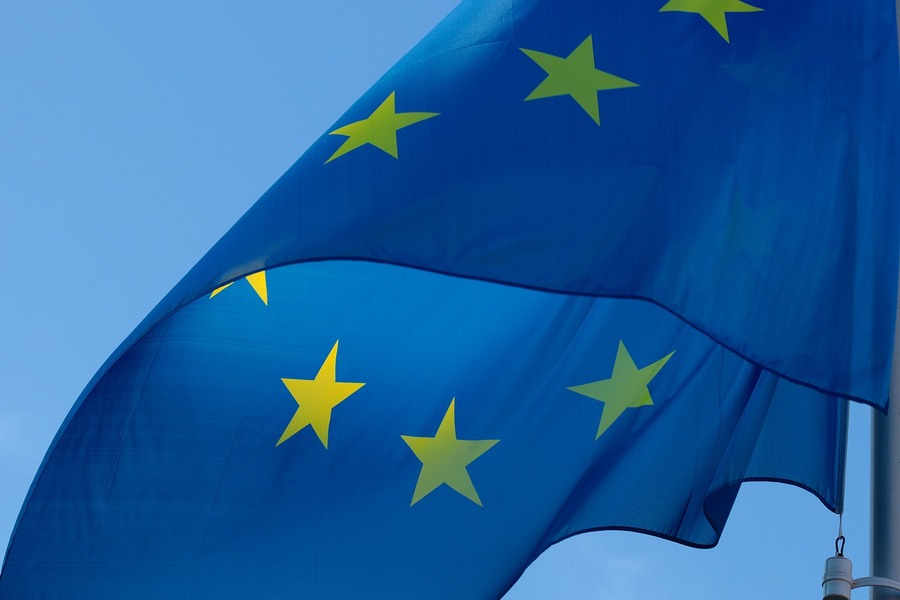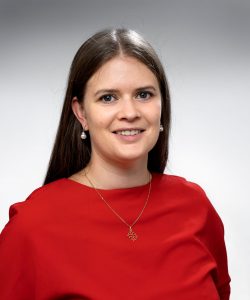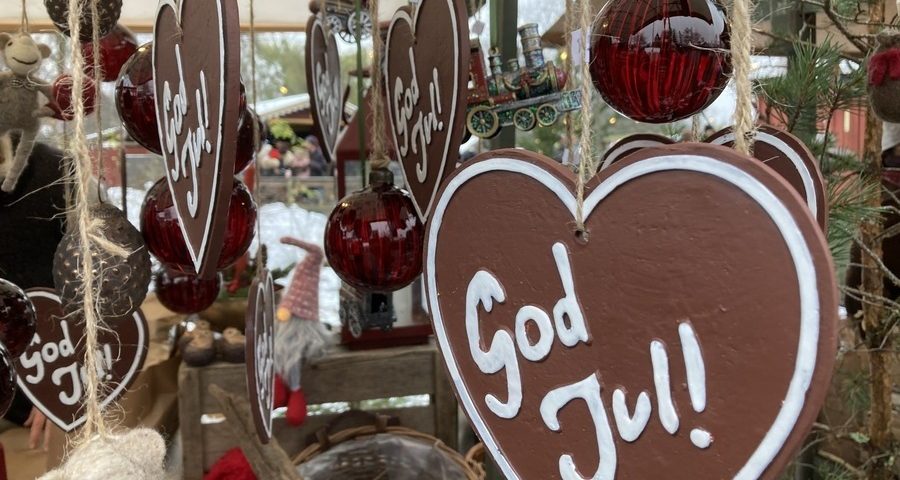
Patrick Gibbels: Privacy remains high on the agenda for Commission Work Programme 2023
November 9, 2022
Patrick Gibbels: Crunch time for e-Privacy
December 7, 2022With more challenging times ahead, many nonprofits are cutting back where they can. Yet this is not the time to stop investing in major gifts and legacies – it’s time to ensure teams are supported and resourced so they can keep on building those important relationships, says Rebecka Winell, senior major gifts officer at the Swedish Childhood Cancer Fund (Barncancerfonden).
It is a great privilege to grace the EFA newsletter and offer some thoughts on major gift fundraising here in Sweden. 2022 will not be a year that I look back on with nostalgia. We have been thrown from one crisis (Covid) into another (war in Ukraine) and felt the repercussions in both our professional and personal lives.
Despite the challenges, it is with thankfulness that I was able to attend my first International Fundraising Congress (IFC) this year. I met so many fellow fundraisers from across the globe working to make a change for the better in a plethora of ways. It also made me reflect on my own area of “Major GIFTS”, or perhaps more accurately “Major DONORS” – because my work is intrinsically about relationship building. Relationships that lead to people becoming potential prospects, to gifts, but also to other forms of giving that are just as valuable.
Don’t stop preparing for better times
Another reflection from IFC was that our fellow fundraisers in Ukraine are, despite the war, rebuilding their country. They want Ukraine to be self-sufficient and ready to grow again as soon as possible. If they don’t start now, recovery will take longer. Isn’t this the clearest parable for us outside of a warzone, that we should also keep preparing for better times? Many organisations are preparing for leaner years ahead, yet major gift and legacy fundraising is not something we can afford to stop investing in.
The picture in Sweden…
In Sweden for example we have seen a doubling in the number of US dollar billionaires since the start of the pandemic. A few have become very, very wealthy fast. We are now the 6th most densely populated country for US dollar billionaires in the world with 8 for every 1 million, whereas the USA has only 1.8 for every million. This, combined with easy access to data held in the public domain, makes prospect research easier than in more restrictive countries.
As for legacies, we have, as in most of the western world, an ageing population that has accumulated immense wealth and moved up the social ladder in their lifetime. Added to this, quite a few of our senior citizens in Sweden do not feel close to family (if they have one, as we also have a high number of single households) and have therefore both the willingness and capacity to leave significant legacies to causes close to their hearts. For major gift and legacy fundraising therefore, there is no time to lose.
…and at the Swedish Childhood Cancer Fund
Philanthropy in Sweden is somewhat recent outside of the university and art sectors. We have a relatively large percentage of people with the capacity to make major gifts, but they usually want to remain anonymous, and for the most part give unrestricted gifts. I have had the privilege at the Swedish Childhood Cancer Fund to bring in our three largest gifts from individuals in the last five years of SEK 50M, 23.6M and 23M. However, there are those who do want to be visible and to support by using the innovation muscle that Sweden is famous for and getting involved with particular projects. To build these relationships, we also have an advisory board with the connections and skills to help us match projects with prospective donor interests.
Prioritising relationships
Major donor fundraising is after all mainly about relationship building. At the Swedish Childhood Cancer Fund, it’s up to me to find that link between what engages the donor the most and my charity’s objectives. It can be a digital end of school term performance for a donor who is a musician, or a national cutting-edge gene-sequencing effort for another with a personal link to childhood cancer. While many of my donors in Sweden (so far) give an unrestricted gift, trusting us to use it where it is most needed, care has to be taken to ensure the proposal fits the donor. For this reason, we must value staff who have built up these relationships and support all fundraisers with the best possible tools so we can reach out further and be more efficient.
So it is with some bewilderment that I hear of organisations cutting back on database improvements and on long-term members of staff who have worked with major donors to build relationships over the years. While times are difficult, without the right tools and teams, we will inevitably miss important opportunities to bring in more gifts, and then we all lose out.
Instead, let us all be prepared for the day when the economy is doing well again, and we can continue to build on our mission for the world.
Because it all matters very much in the end.
About Rebecka Winell
Rebecka Winell works as Senior Major Gifts Officer at the Swedish Childhood Cancer Fund (Barncancerfonden in Swedish) where she has worked for 6 years. She previously specialised in legacy fundraising (including sitting in the steering group for Goda Testamentet – a group loosely based on the UK’s Remember a Charity campaign), sits on the board of the charity Fair Action, and speaks at national and international fundraising conferences.




